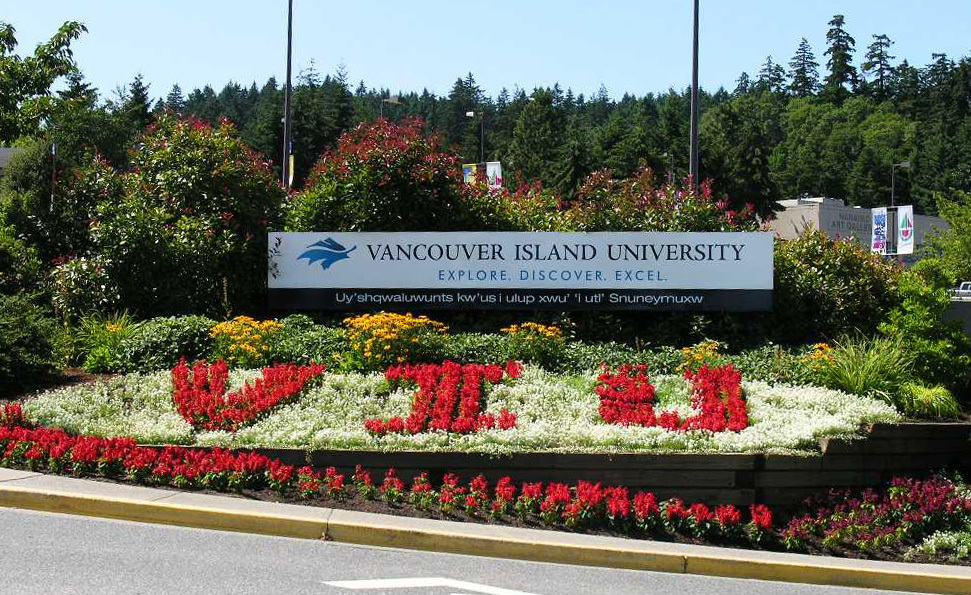
Tied with Toronto for the number one spot
By Katie Czenczek, News Editor
It turns out that things are all grey in Vancouver.
According to a study conducted by researchers at McGill and the University of British Columbia, Vancouver and Toronto were found to be the unhappiest Canadian cities to live in. The study, titled How Happy are your Neighbours?, drew from more than 400,000 observations made by the Canadian Community Health Surveys and the General Social Surveys. These surveys asked Canadians about their overall life satisfaction based on their overall quality of life, and the researchers took that data to map out 1,215 neighbourhoods based on their satisfaction.
Rated on a scale from 0 to 10, Canada’s overall stats were within the range of 7.04 being the unhappiest and 8.94 being the happiest. According to the data collected, the City of New Westminster was also found to be a part of the unhappiest camp, while Coquitlam was within the range of 7.87 to 7.94.
The report was created by John F. Helliwell, Christopher P. Barrington-Leigh, and Hugh Shiplett, who said in the study that the data could enlighten “local policymakers and urban planners interested in improving happiness in their cities.” They also said that “it is imperative for [urban planners and policymakers] as a first step to know where people are happy and where are they not, and also to understand in what ways the happy communities within cities differ from those which are not.”
Hussain Al-Hassani, a first-year sciences student at Douglas College, said in an interview with the Other Press that he wasn’t surprised that Vancouver was found to be one of the unhappiest.
“The cost of living is ridiculous for what you get,” he said. “The weather is always grey, gas prices are insane, and it’s so congested. Other cities in Canada are more densely populated—Montreal for example—but there’s much less traffic there.”
The data suggested that people living in rural areas were overall happier than those living in cities. According to Helliwell et al., the largest variable for a community’s life satisfaction is a sense of belonging within the region a person lives.
“Trust, involvement, and a chance to join with others engaged in improving lives are all connected, with each adding happiness,” said Helliwell.
The report said that communities that have lower commute times and fewer people spending over 30 percent of income on housing tend to be happier, which, when you take both Vancouver and Toronto’s housing crises, puts the study into context.
Natasha Slatten, a third-year general studies student at Douglas College, however, said in an interview with the Other Press that she wanted to know more about how regions were decided across Canada for the study.
“If Vancouver is the unhappiest city, then I don’t think they’re asking the right people, places, and questions,” she said. “I have a hard time thinking that Native Reservations are happier than Vancouver when there’s less access to clean water, access to roads, and hundreds of years of systematic and cultural oppression.”
Though Vancouver and Toronto were named the unhappiest cities in Canada, British Columbia still fared higher than other provinces. Namely, Nunavut and north-central Alberta had the unhappiest regions overall.



